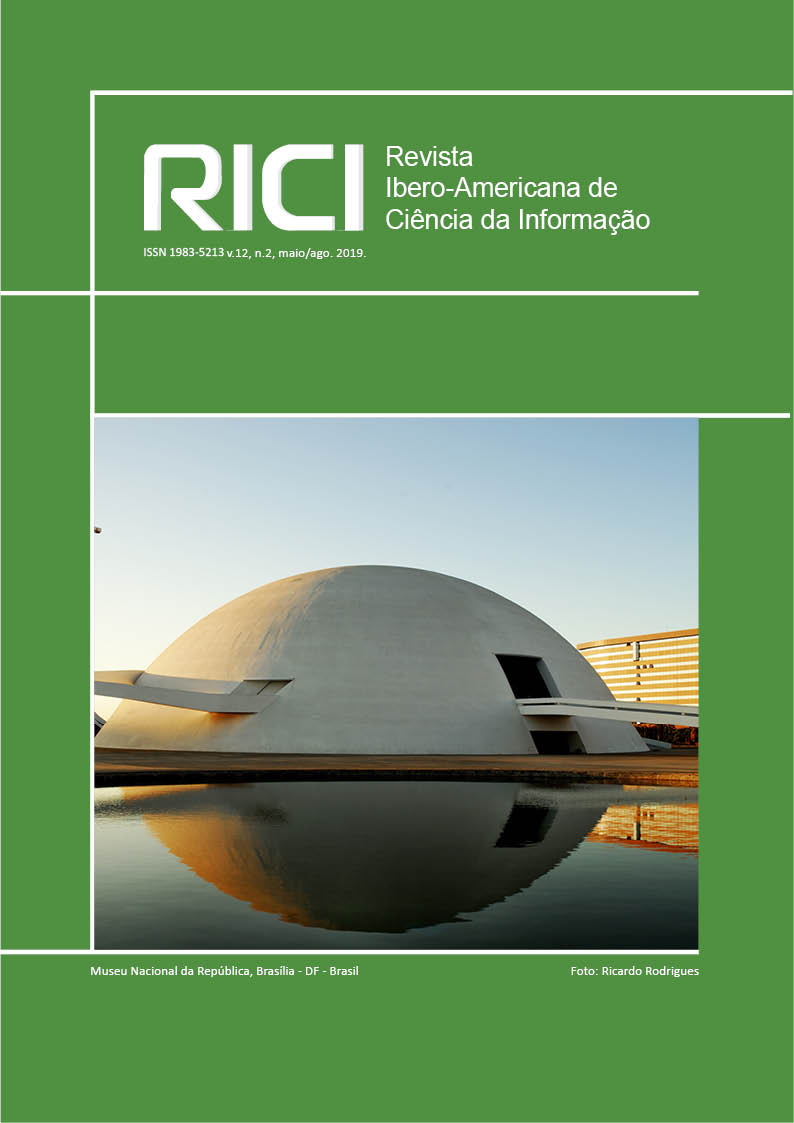The management of hate speech on the platforms of digital social networks: a comparison between Facebook, Twitter and YouTube
DOI:
https://doi.org/10.26512/rici.v12.n2.2019.22025Keywords:
hate speech, Facebook, social network, Twitter, YoutubeAbstract
The social stalemate over hate speech and free speech on the Internet has pushed Social Networking Sites (SNS) to intensify their content moderation policies. The management of hateful content on platforms such as Facebook, Twitter and Youtube is so complex, given its multifaceted character and the large number of interactors, that executives of these companies assume the inefficiency of their resources (human and technological) in an attempt to control the scheduling, duration, diffusion, and circumspection of crimes and hate speeches. The problem has awakened the attention of governments and civil organizations, which in turn increase the pressure on the platforms to improve their editorial choices and their logistics of monitoring and removing this type of interaction. In this context, this work aims to compare the actions carried out by Facebook, Twitter, and YouTube in the formulation and expansion of policies and decisions on individual hateful content. For this, a historical analysis (2015-2018) of secondary data of the specific policies and community terms of each SRS was carried out in a review of the decision-making with the five topics of the commitment term that the companies assumed with the ADL - Anti-Defamation League, in 2013, in the fight against hate speech online. The results point to Facebook as the SRS that most invested in strategies to combat intolerance and incivility online, although the company did not make clear the methods used for this purpose. Overall, all platforms evolved in the operational structure of denouncing cyberhate but were inefficient in moderation, removal, and containment of cyberhate propagation.
Downloads
Downloads
Published
How to Cite
Issue
Section
License
Copyright Notice
Authors who publish in this journal agree to the following terms:
- Authors retain copyright and grant the journal right of first publication with the work simultaneously licensed under the Creative Commons Attribution License 4.0, allowing the sharing of work and recognition of the work of authorship and initial publication in this journal.
- Authors are able to take on additional contracts separately, non-exclusive distribution of the version of the paper published in this journal (ex.: distribute to an institutional repository or publish as a book), with an acknowledgment of its initial publication in this journal.
- Authors are permitted and encouraged to distribute their work online (eg.: in institutional repositories or on their website) at any point before or during the editorial process, as it can lead to productive exchanges, as well as increase the impact and citation the published work.
















